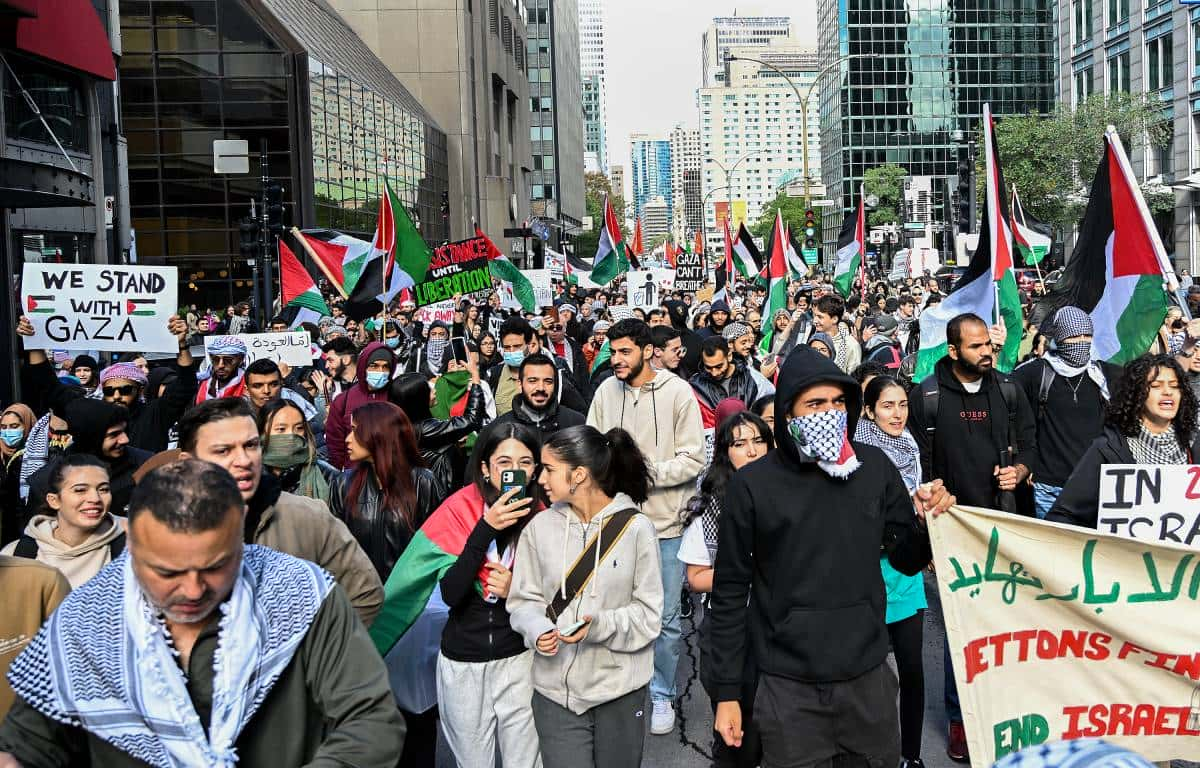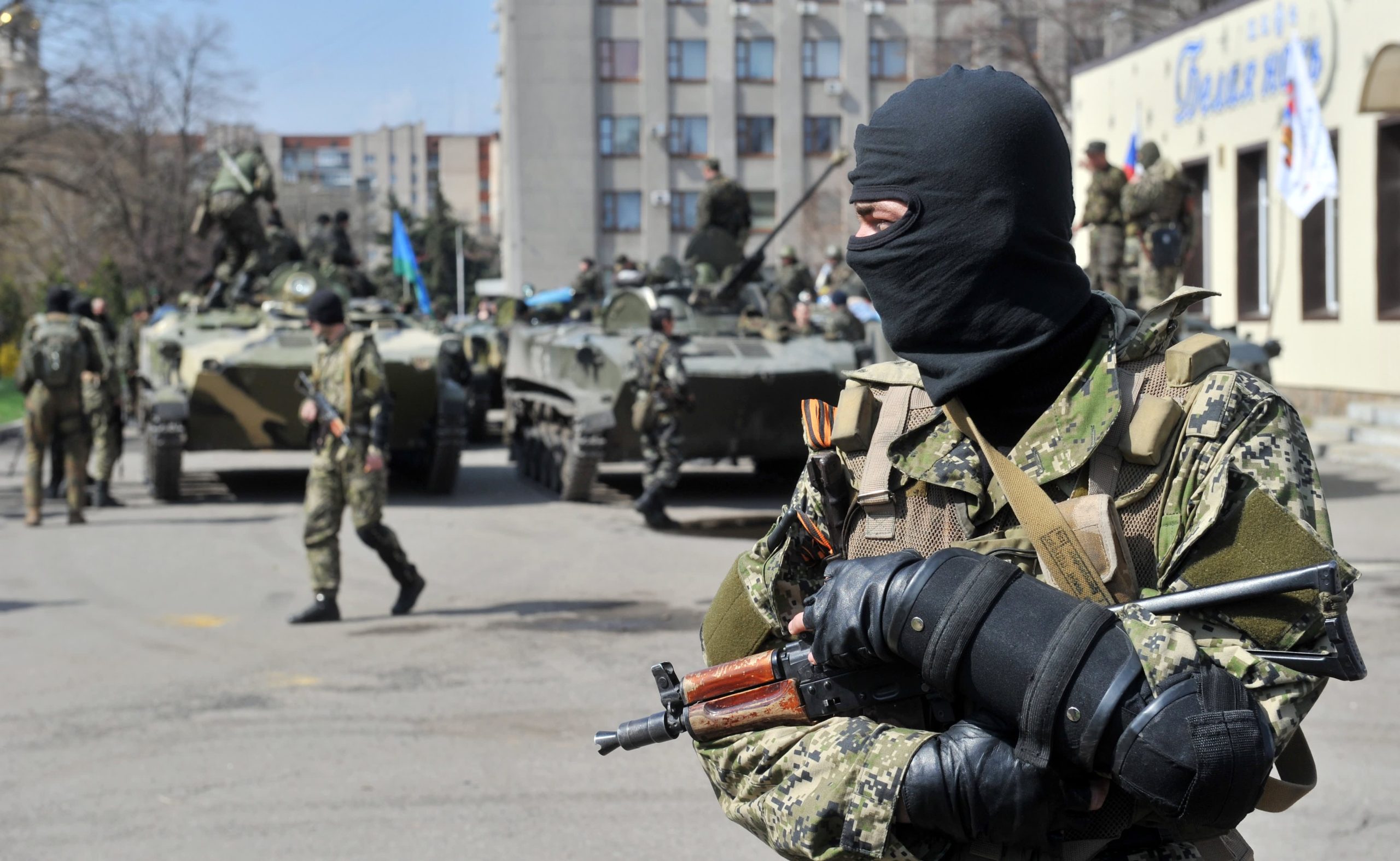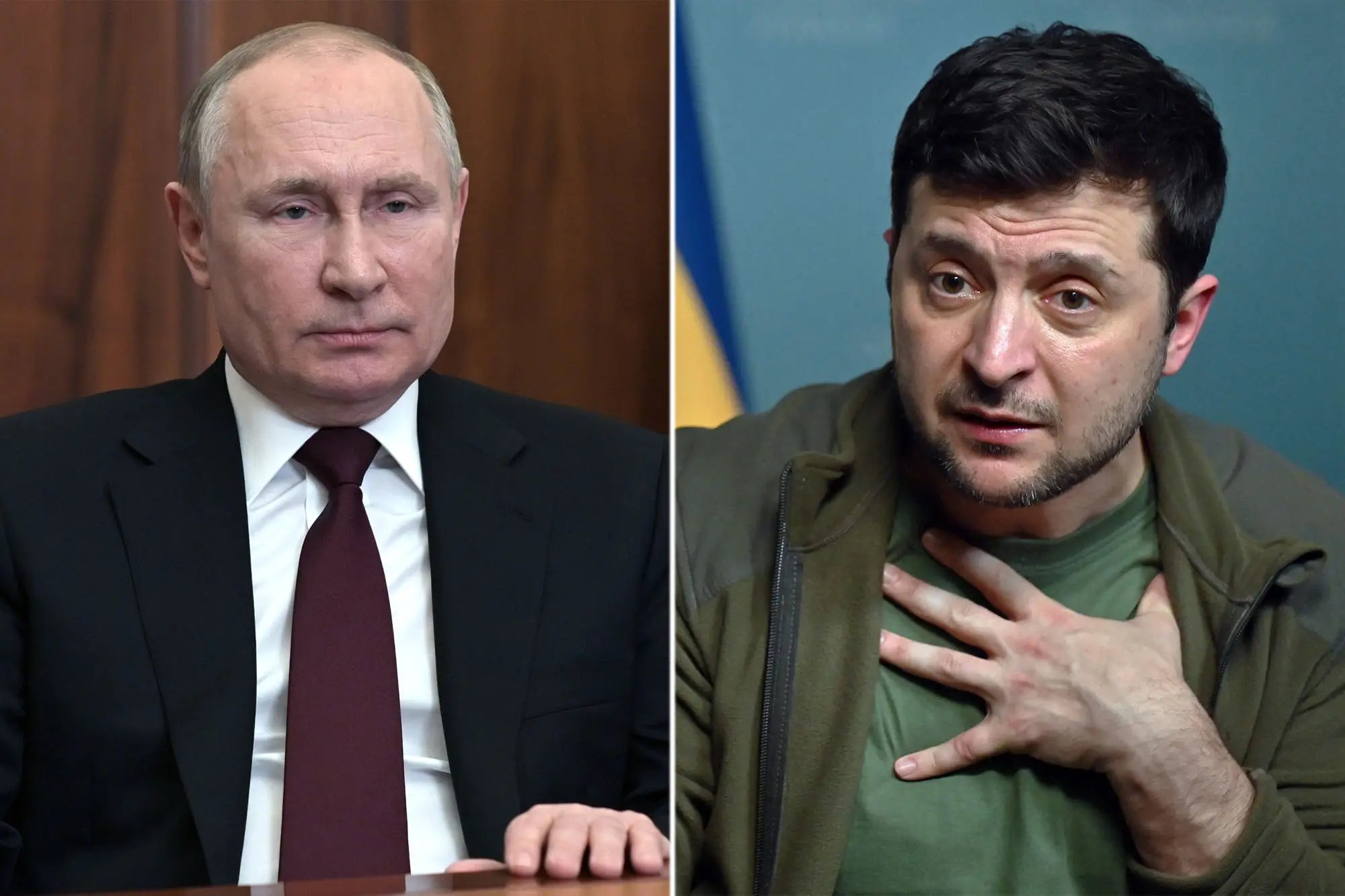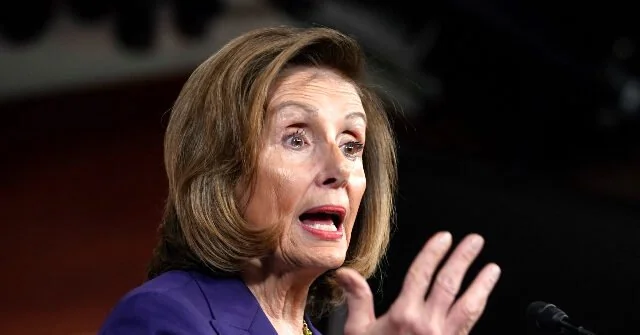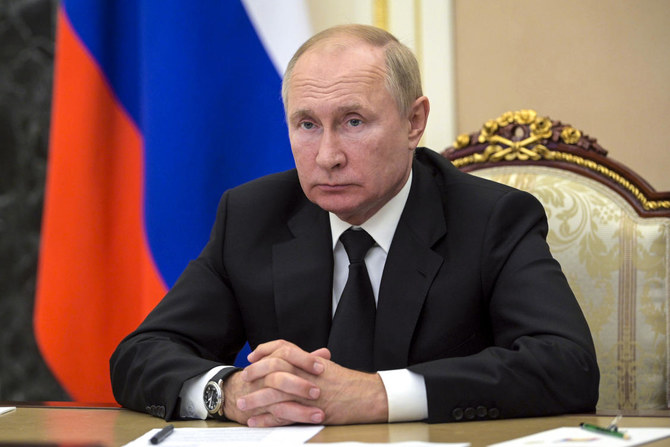In the wake of the recent Israel-Hamas war, the geopolitical landscape is undergoing significant changes.
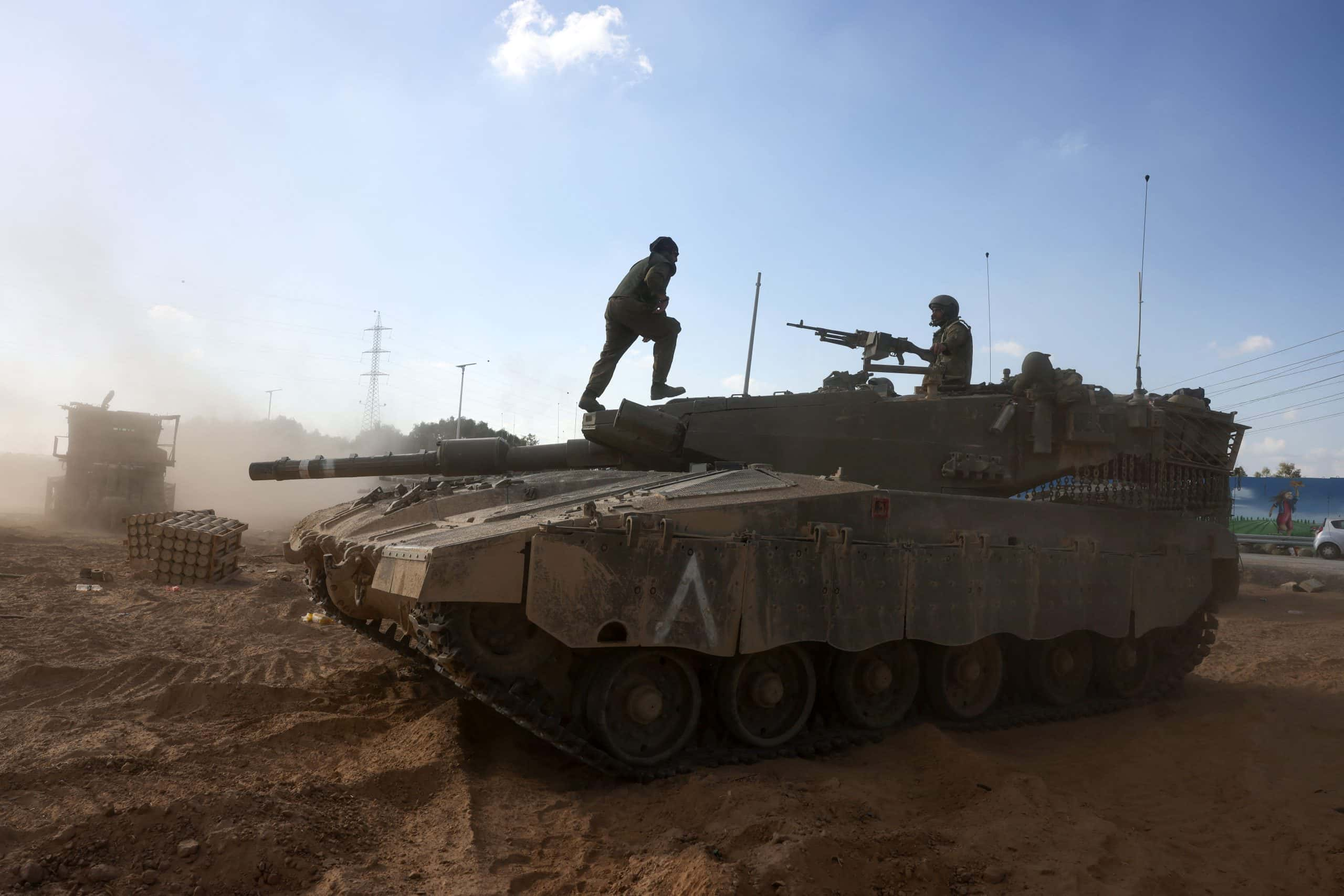
The conflict between Israel and Hamas has sparked widespread international concern and has far-reaching implications for the region
The ongoing Israel-Hamas war, characterized by intense military engagements and airstrikes, has prompted concerns about the lasting stability of the Middle East. Diplomatic initiatives to facilitate a ceasefire between the two parties have seen a notable increase. The global community, including key leaders, is closely monitoring the situation, expressing significant apprehension about the humanitarian repercussions of the conflict.
The war has led to substantial civilian casualties and has further strained already delicate relations in the region. Amid the continuing Israel-Hamas conflict, world powers are navigating the intricate dynamics of the situation, actively engaging in efforts to mediate and reach a resolution, despite persistent challenges.
The Israel-Hamas war has also reignited debates about the broader geopolitical implications for the Middle East and the role of international actors in resolving regional conflicts
The conflict between Israel and Hamas has triggered urgent appeals for de-escalation and a return to diplomatic discussions. The international community is closely monitoring the developments in the Israel-Hamas conflict, acknowledging the potential for broader destabilization if a resolution is not achieved promptly. Efforts to address the Israel-Hamas war through diplomatic means persist as a central focus, aiming to restore peace and stability in the region.
READ ALSO: U.S. Slaps Sanctions On Companies Violating Russia Oil Price Cap For The 10th Time
